Simo Valakari was delighted he was able to increase the captain count in his St Johnstone squad last month.
But the Perth boss stressed that he views authenticity and standard-setting as the two most important strands of leadership.
As beneficial as an increased vocal presence on the pitch and off it will be to the Perth cause, the manner in which Sven Sprangler has led Saints over recent weeks shows that there is more than one style of effective captaincy in football.
“We had different types of leaders before, now we’ve got players who have been captains,” said Valakari.
“When you sign players you are looking at skillset, physical attributes and other football things – but when you see that one has been a captain, straight away it tells you that he’s a good character.
“And character is always the most important thing for me.
“You need good human beings to make a successful environment.
“Of course, you also need nastiness in your team, being ruthless and willing to do whatever it takes to win a match.
“I would like to think that we have ticked all those boxes.”
Earning respect
Valakari added: “In this business, players are not stupid.
“They recognise when someone is capable of helping their team and helping bring the best out of them.
“I’ve always said that the best way to be a leader in our team is to make sure you do your own job.
“You live professionally off the field and, on the field, you do all the little things as well as possible.
“When you do that, you earn the respect of your team-mates.
“It’s leading by example.
“That’s what Sven has done. And it’s Bozo (Mikulic). You don’t have to talk a lot to show a good example.
“Players are different types of character.
“Yes, we want vocal ones, but I don’t want them all to be the same.
“The most important thing is you be yourself. That’s why you are here in the first place.
“Never lose what you have. You have to be authentic. If you start faking, it won’t take you anywhere.”
Authenticity is important to Valakari in regards to the football his team plays.
“There are guidelines but you help the team by being yourself,” he explained.
“A good example would be Makenzie (Kirk).
“He might look at other teams who have strikers with different skillsets and think: ‘They’re not pressing and running so maybe it would be better if I stayed fresh for when I get a chance’.
“But that’s not his game.
“His game is running and pressing, getting behind the lines even when the ball doesn’t come to him.
“You can’t try to be a different player.”
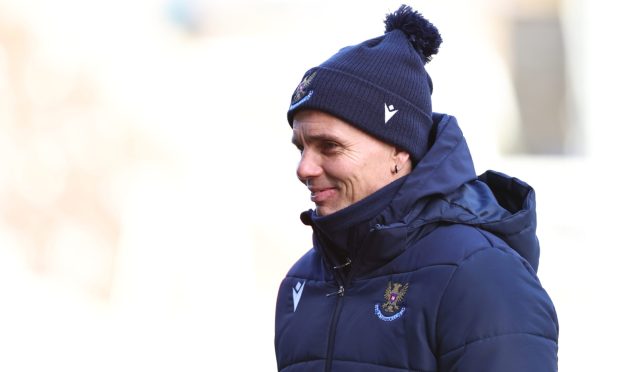
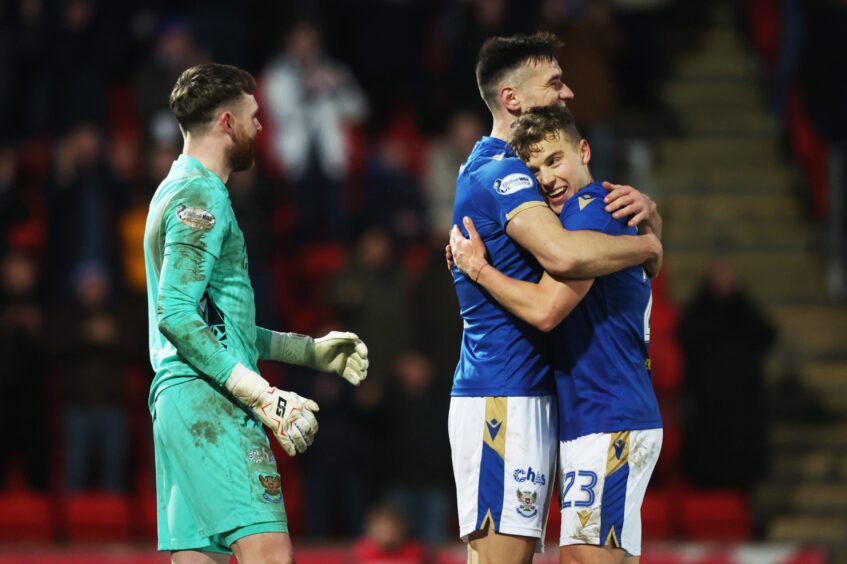

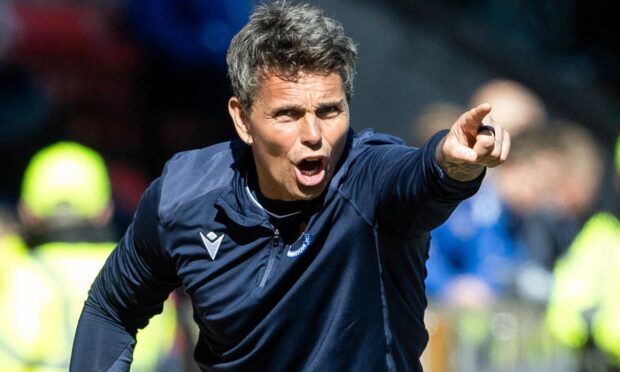
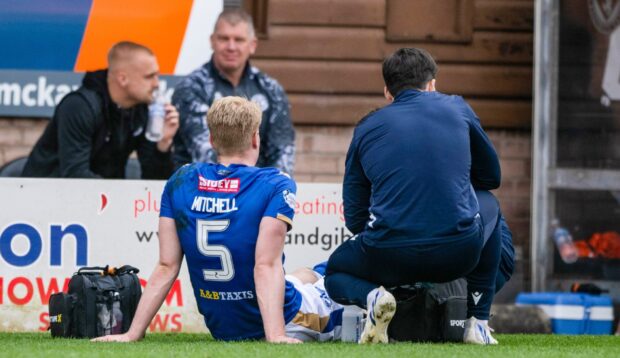
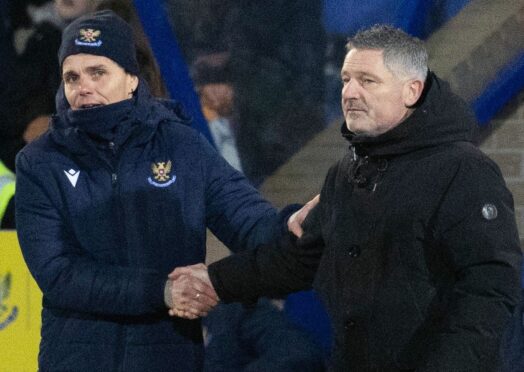
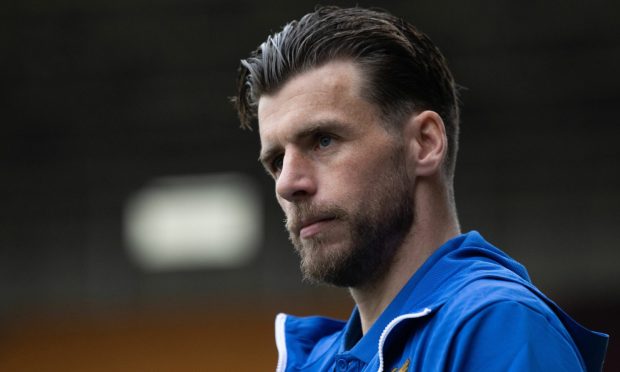
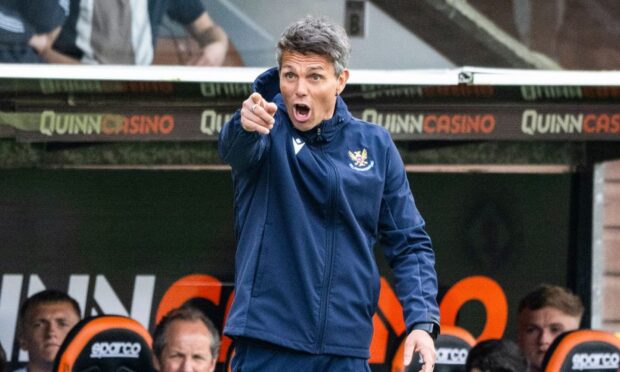
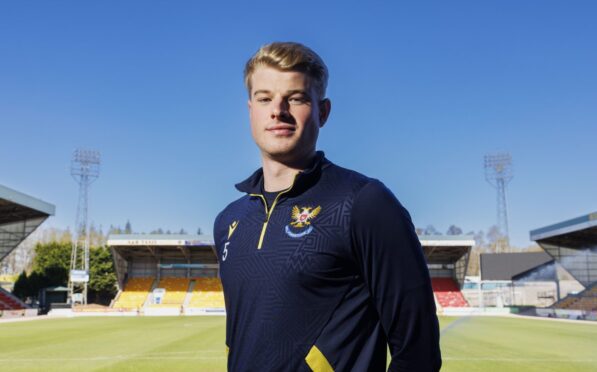
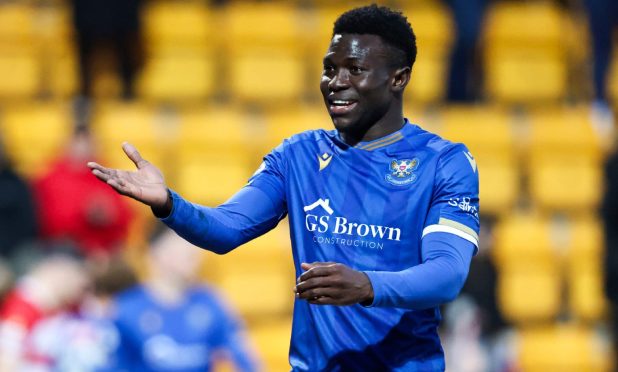
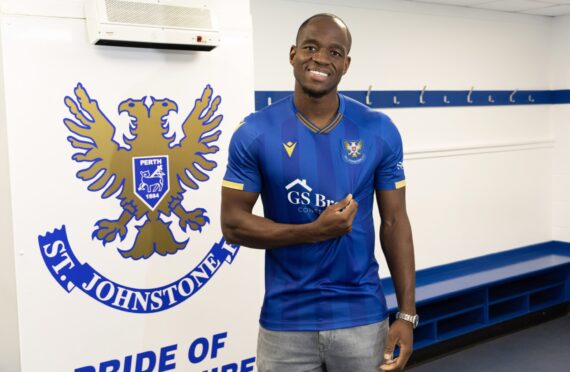
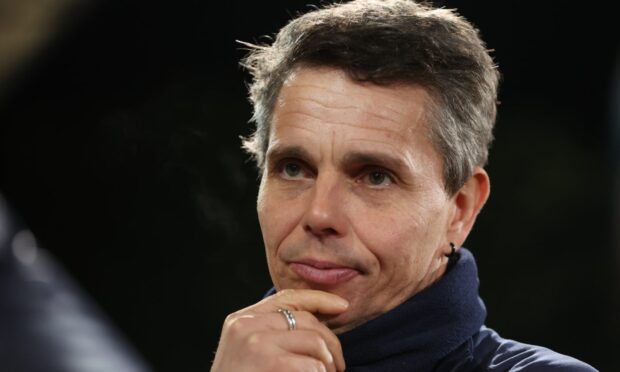
Conversation